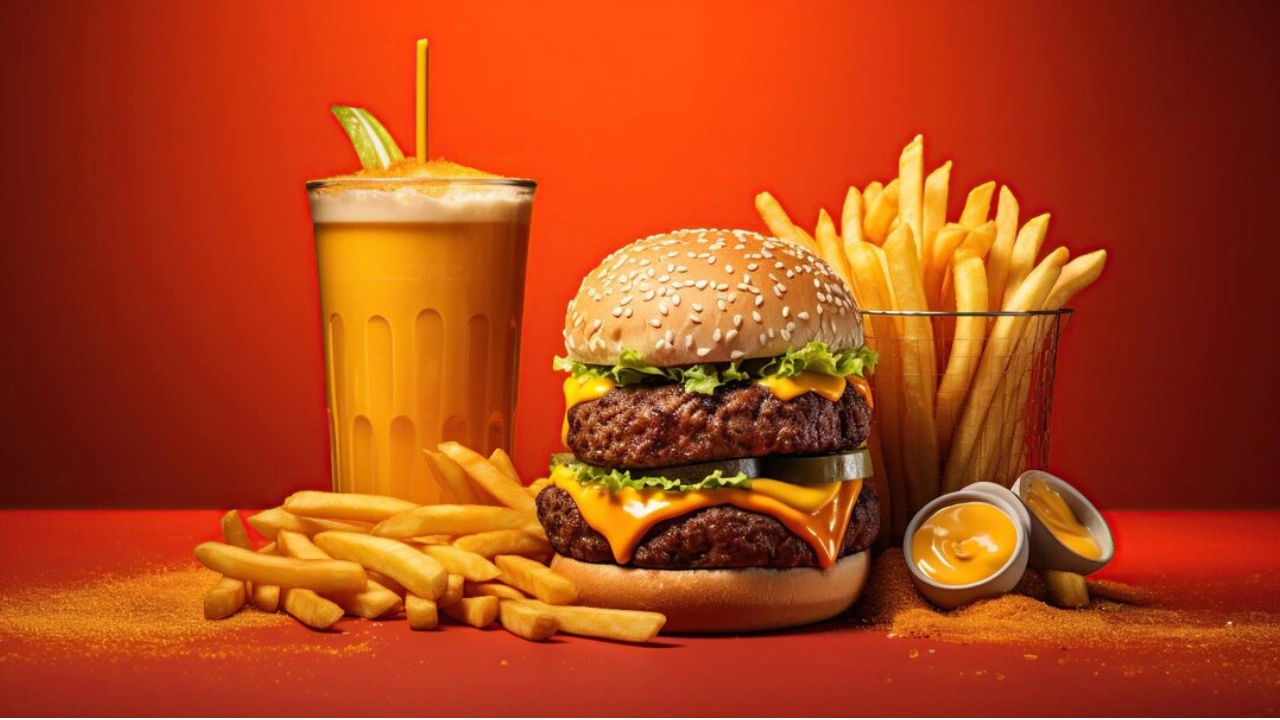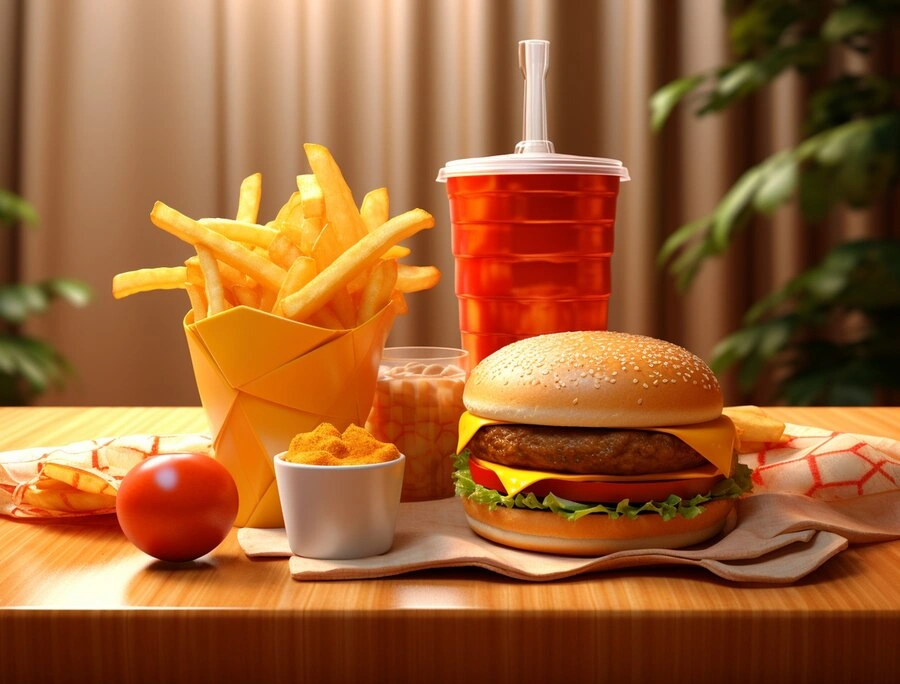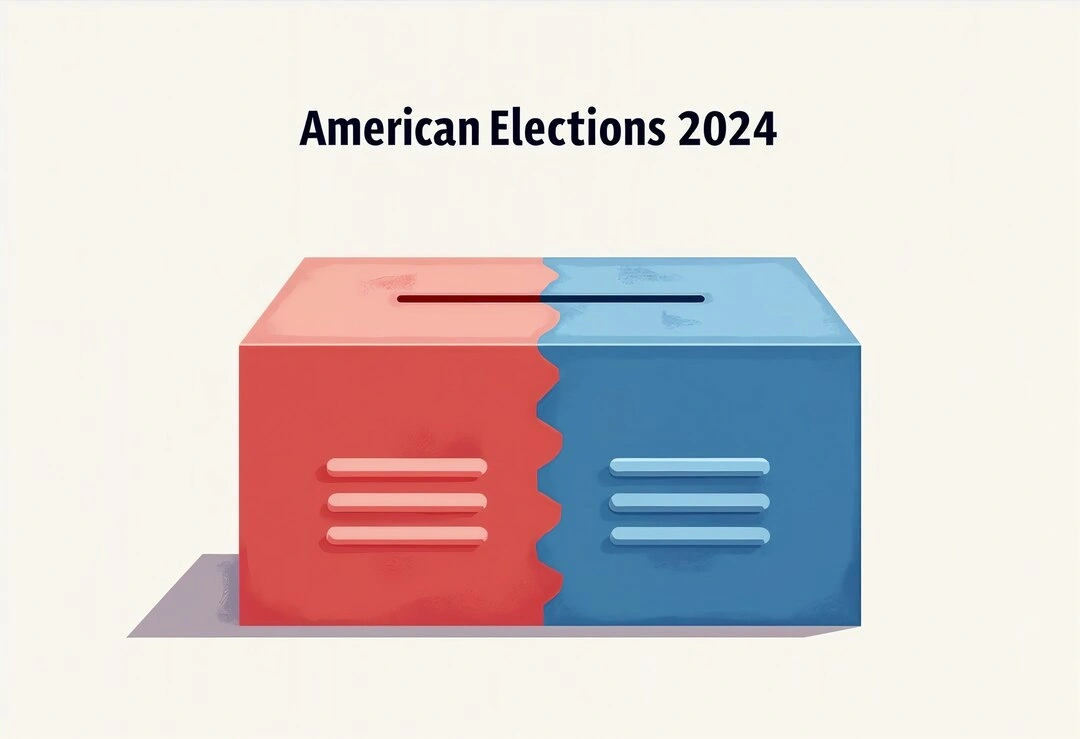McDonald's
Quarter Pounder
E. Coli Outbreak
Food Safety

McDonald's
Quarter Pounder
E. Coli Outbreak
Food Safety
Sunday, October 27, 2024 – Relief is on the menu for Quarter Pounder fans across the country. McDonald's announced on Sunday that it will reinstate the popular burger at hundreds of its restaurants after investigations cleared its beef patties as the source of a recent E. coli outbreak. The outbreak, which tragically resulted in one death and sickened at least 75 people across 13 states, has been linked to contaminated onions, not the beef.
The fast-food giant stated in an official press release that testing by the Colorado Department of Agriculture definitively ruled out the beef patties as the source of the contamination. The department examined multiple batches of both fresh and frozen beef patties collected from various McDonald's locations in Colorado implicated in the E. coli investigation. All samples tested negative for E. coli O157:H7, the specific strain responsible for the outbreak.
This positive development allowed McDonald's to swiftly move towards restoring the Quarter Pounder to its menu. The company plans to resume sales of the burger at the affected restaurants within the coming week. However, there will be a notable change: slivered onions, the suspected source of the contamination, will be temporarily omitted from the sandwiches.
The U.S. Food and Drug Administration (FDA) currently believes that slivered onions from a single supplier are the most probable culprit behind the widespread E. coli outbreak. McDonald's confirmed that the onions originated from a Taylor Farms facility located in Colorado Springs, Colorado. This facility supplied fresh onions to approximately 900 McDonald's restaurants, predominantly located in the Midwest and Mountain states, including some in major transportation hubs such as airports.
Upon the initial announcement of the outbreak on Tuesday, October 22nd, McDonald's proactively removed the Quarter Pounder from menus in these affected states as a precautionary measure. The company immediately severed its ties with Taylor Farms’ Colorado Springs facility, ceasing the sourcing of onions from this location indefinitely. This decisive action was taken to protect public health and regain consumer confidence.
Taylor Farms itself issued a statement on Friday, October 25th, announcing a preemptive recall of all yellow onions shipped from its Colorado Springs facility. The company emphasized its ongoing cooperation with both the CDC and the FDA in their ongoing investigation. While the recalled onions are strongly suspected, conclusive evidence linking them directly to the outbreak is still pending.
The outbreak, first reported on Tuesday, October 22nd, quickly expanded, affecting a significant number of individuals. As of Friday, October 25th, the Centers for Disease Control and Prevention (CDC) confirmed at least 75 cases across 13 states. Of these, 22 individuals required hospitalization, and two developed hemolytic uremic syndrome (HUS), a serious kidney complication associated with E. coli infection. Sadly, one death was reported in Colorado.
The states with the highest number of reported illnesses are:
The CDC noted that some individuals who fell ill reported traveling to different states prior to the onset of their symptoms. In at least three instances, individuals reported eating at McDonald's restaurants during their travels. The timeframe for illnesses spanned from September 27th to October 11th. This travel-related aspect of the outbreak complicated initial tracing efforts.
The bacteria responsible, E. coli O157:H7, is a particularly dangerous strain. The CDC estimates that approximately 74,000 people in the U.S. contract E. coli O157:H7 infections annually. These infections result in over 2,000 hospitalizations and 61 deaths each year, highlighting the serious health risk posed by this pathogen.
Symptoms of E. coli poisoning typically manifest within one to two days of consuming contaminated food. Common symptoms include:
Infants under the age of five, elderly individuals, pregnant women, and those with weakened immune systems are especially vulnerable to severe complications from E. coli infections.
In response to the outbreak, other fast-food chains also took preventative measures. Taco Bell, Pizza Hut, KFC, and Burger King temporarily removed onions from their menus in certain regions as a precaution, even though there was no direct connection reported to their products at that time. This demonstrates the seriousness with which the food industry is taking the situation.
The McDonald's investigation underscored the importance of stringent food safety protocols throughout the entire supply chain. While the company's immediate action to remove the Quarter Pounder and discontinue using onions from the Colorado Springs facility was commendable, the incident serves as a stark reminder of the potential for contamination, even in widely trusted establishments. The continued collaboration between McDonald's, the FDA, CDC, and the Colorado Department of Agriculture is crucial in fully understanding the extent of the contamination and preventing future outbreaks. The return of the Quarter Pounder, albeit temporarily without onions, marks a significant step toward restoring normalcy, but the vigilance surrounding food safety will remain paramount. The company’s decision to permanently stop sourcing onions from the affected Taylor Farms facility reinforces its commitment to public safety and long-term preventative measures.
SHARE


news
30th October 2024

news
30th October 2024


news
30th October 2024

news
30th October 2024


news
30th October 2024


news
30th October 2024


news
30th October 2024